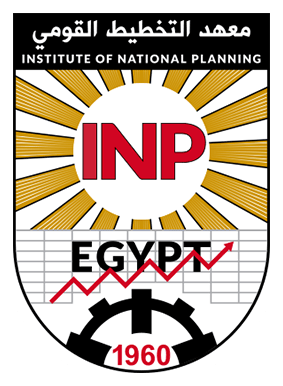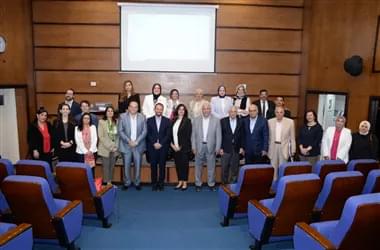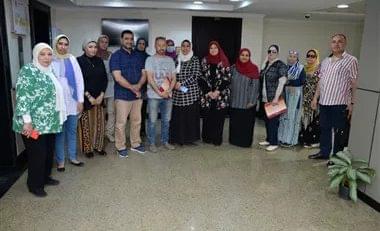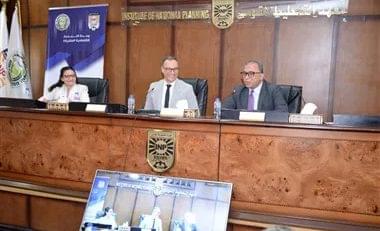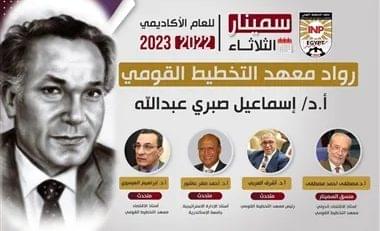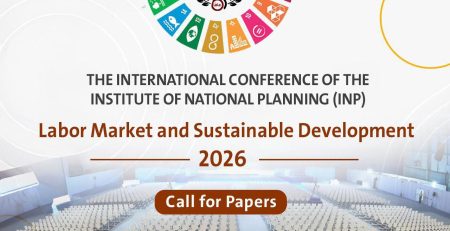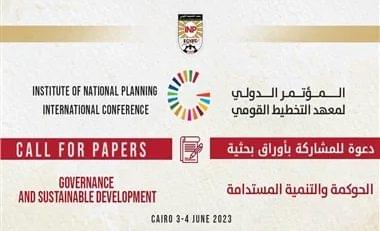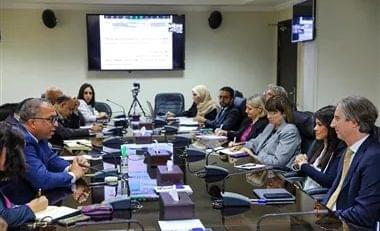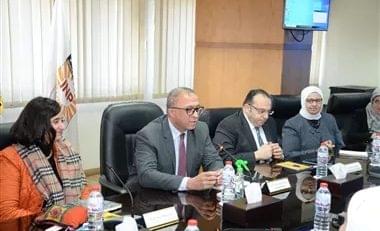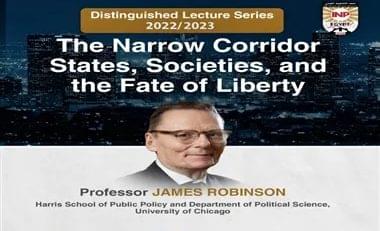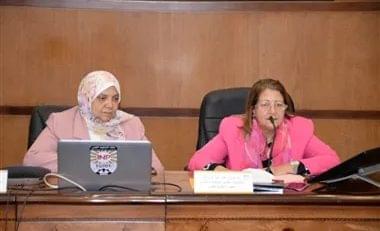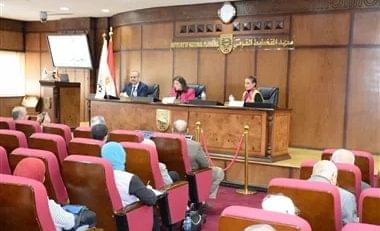The Institute of National Planning organized a lecture entitled “Cash Transfers Throughout History… What Can We Learn From 2,500 Years of Practice?” Delivered by economist Ugo Gentilini, global leader in social assistance and social protection economist for the Middle East and North Africa region at the World Bank.
During her speech, Dr. Hala Abu Ali, Vice President of the Institute for Research and Postgraduate Studies, indicated that the meeting aimed to highlight the importance of cash transfers and social assistance programs that aim to alleviate the burden of citizens in the neediest communities.
In addition to searching for an answer to a set of questions related to the issue of cash transfers and social protection programmes, including: Who are the groups that these programs should target? Why are cash transfers not exchanged for in-kind? How can we benefit from practical international expertise and experience in this regard?
The economist, Ugo Gentilini, explained that cash transfers are not a spur of the moment, and that history is full of such programs that have been applied throughout the ages in different countries for various reasons, and that they are a central element in social protection systems.
He pointed out that over time, many societies resorted to drawing lines between legitimate and earned income from a social and economic point of view (labor market, social insurance, and some social pensions for veterans and widows) and unearned income, which is treated as an exception to the rule. .
Pointing out that cash transfers, although they are used to achieve many goals, raise expectations of fears at the same time, which places the blame on those transfers and the people who receive them.
Stressing the need to present cash flows and “social assistance” by studying practical experiences, the historical framework, and the current scene in the international arena under the supervision of the state and non-governmental organizations.
And Ugo Gentilini indicated that the conditions for granting aid differ from one country to another and from one time period to another according to the policy followed in each country, race, applicable laws and religious teachings, in addition to that there are countries that grant their citizens aid in the form of food subsidies, while citizens opposed it because they They believe it is a call to abandon industry and work, and see it as a drain on public money.
It is worth noting that Ugo Gentilini as the Global Lead for Social Assistance and the prospective Social Protection Economist in the Middle East and North Africa region at the World Bank has been working on designing adaptive social protection programmes, reforming energy and food subsidies, financing social assistance, stress testing social protection systems, and strengthening food security. , and the implementation of safety nets in urban areas and slums.
